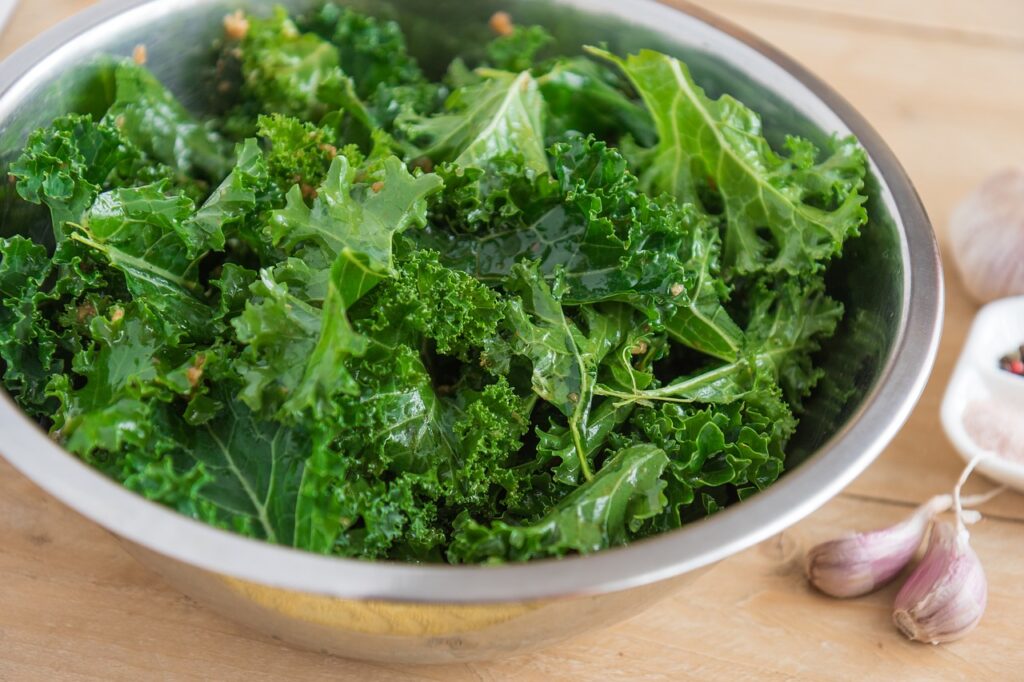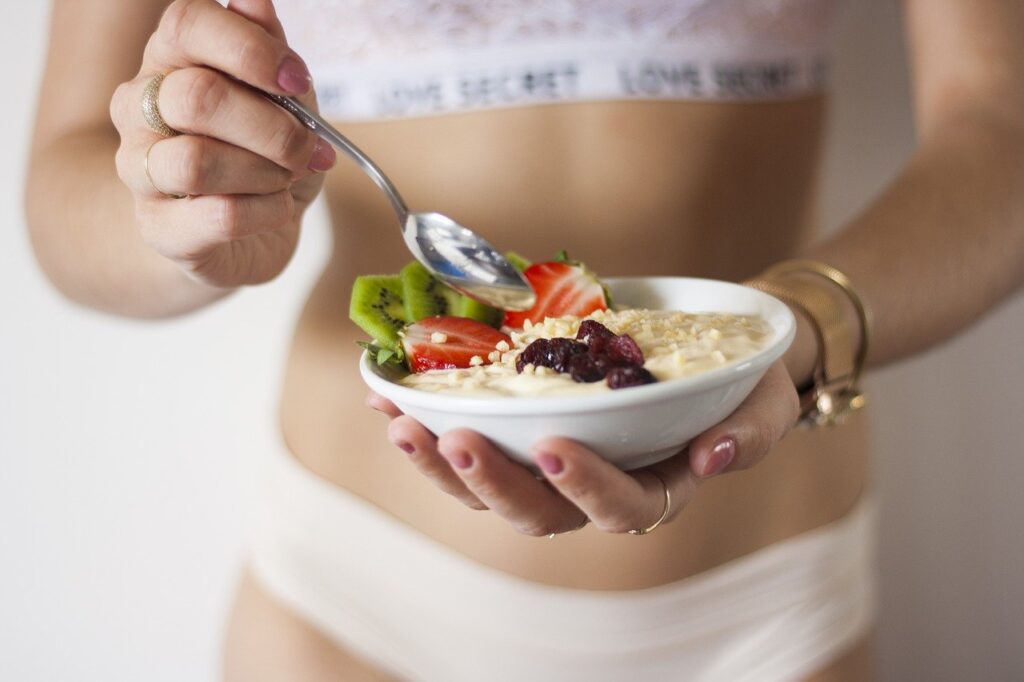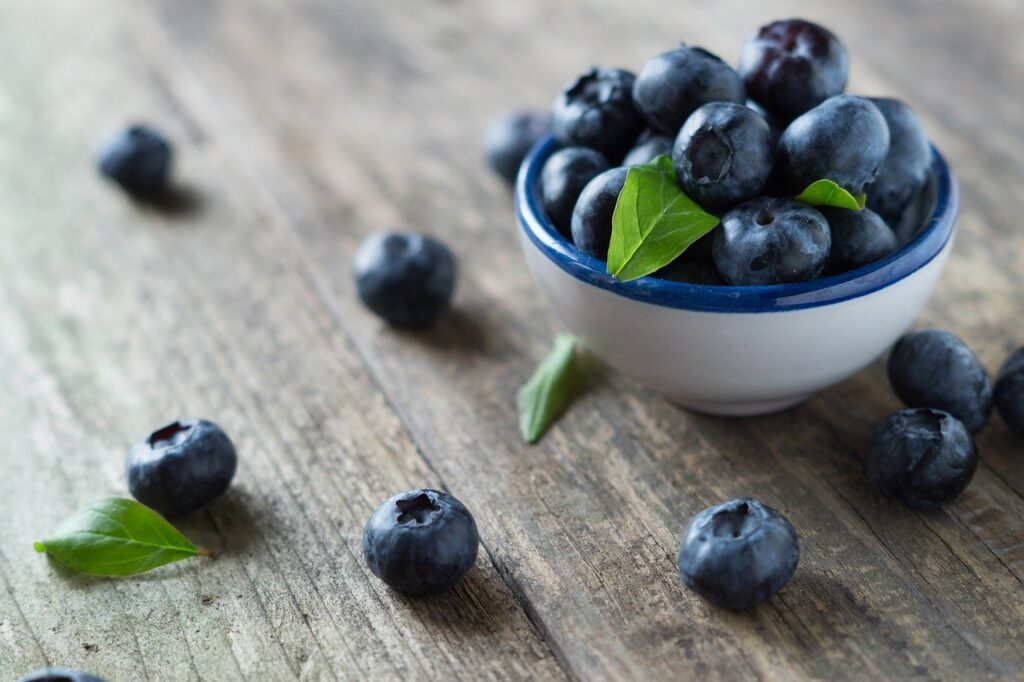The 9 Most Nutrient-Dense Vegetables -Healthy Vegetable List
Most Nutrient-Dense Vegetables
Vegetables are a gift from nature. Packed with antioxidants, fiber, B vitamins, and immune-boosting minerals, vegetables can have a huge impact on your health. Countless studies have linked the benefits of increased vegetable intake to a reduced risk of chronic diseases, including heart disease, diabetes, and certain types of cancer.
Feel free to choose a variety of vegetables to add nutritious flavor to your meals. And if you can’t buy fresh produce in your area, frozen foods are a great option that you can steam, grill, sauté, or fry.
It’s no secret that vegetables, which are high in fiber, vitamins, minerals, and antioxidants, are a must in a healthy diet. Although all vegetables are healthy, some stand out for their nutritional value and powerful health benefits.

Here are 9 of the most nutrient-dense vegetables there are:
Carrots
Carrots are packed with phytochemicals like beta-carotene, which your body converts into vitamin A, which helps with vision, especially at night. Studies also link eating carotenoid-rich foods like carrots to a lower risk of breast cancer. Carrots also contain vitamins K and C, as well as potassium and fiber. Enjoy this root vegetable raw, pureed in salads, or blended into smoothies.
Spinach
This green leafy vegetable is one of the most versatile vegetables. Eat it raw in a salad, sauté it, steam it, or blend it into a smoothie for a neutral way to up your veggie intake. One cup provides your entire daily requirement of vitamin K and is packed with vitamin A and vitamin C, which help boost and improve your immune system.
Kale
Kale has been touted as the most nutrient-dense food you can buy in the produce aisle. A serving of kale also provides 10% of your daily calcium requirement; Called glucosinolates, they may help protect against cancer.
Garlic
Garlic has been used as a medicinal plant for thousands of years. Its main active ingredient is allicin, which has been shown to help improve blood sugar and heart health. Studies show that garlic can help lower triglyceride and cholesterol levels. Some studies suggest that garlic may help lower blood sugar levels and prevent cancer, but more research is needed.
Onions
Onions belong to the leek family. Recent research suggests that phytochemicals found in onions and other leeks may be beneficial in preventing certain types of cancer. They are also considered prebiotics and can help improve gut health and digestion by working to increase good bacteria.
Broccoli
Broccoli has a healthy reputation for being low in calories and high in micronutrients, including vitamin C, vitamin A, and vitamin K. Also contains the phytochemical sulforaphane, which may help prevent cancer. Broccoli is also a great source of vitamins C, K, and A, among other things.
Green Beans
Green beans are a good source of vitamin A, vitamin C, vitamin K, and fiber and get their light green color from the antioxidant chlorophyll. The longer you cook them, the faster they lose their vitality.
Beets
Beets are an anti-inflammatory and antioxidant vegetable that research studies have shown have beneficial effects on metabolic disorders such as high blood pressure and insulin resistance. They’ve also gained popularity recently as recent research suggests that the nitrates found in beet juice may improve athletic performance.
Sweet Potato
Sweet potatoes are one of the best sources of beta-carotene, an antioxidant that converts to vitamin A, and high in beta-carotene, which may reduce the risk of lung cancer. They can also help regulate blood sugar and cholesterol levels.


Get Free Notion Templates, Recipies, and Ebook! If you love what we do, fuel our work with a coffee!
Note: This article includes affiliate links. Your support is valued and comes at no additional expense to you.
Crypto Donation – 94TQXX1ENtkXgVmNwQNPzW2HKXXPYhHdzPRPkvtk



